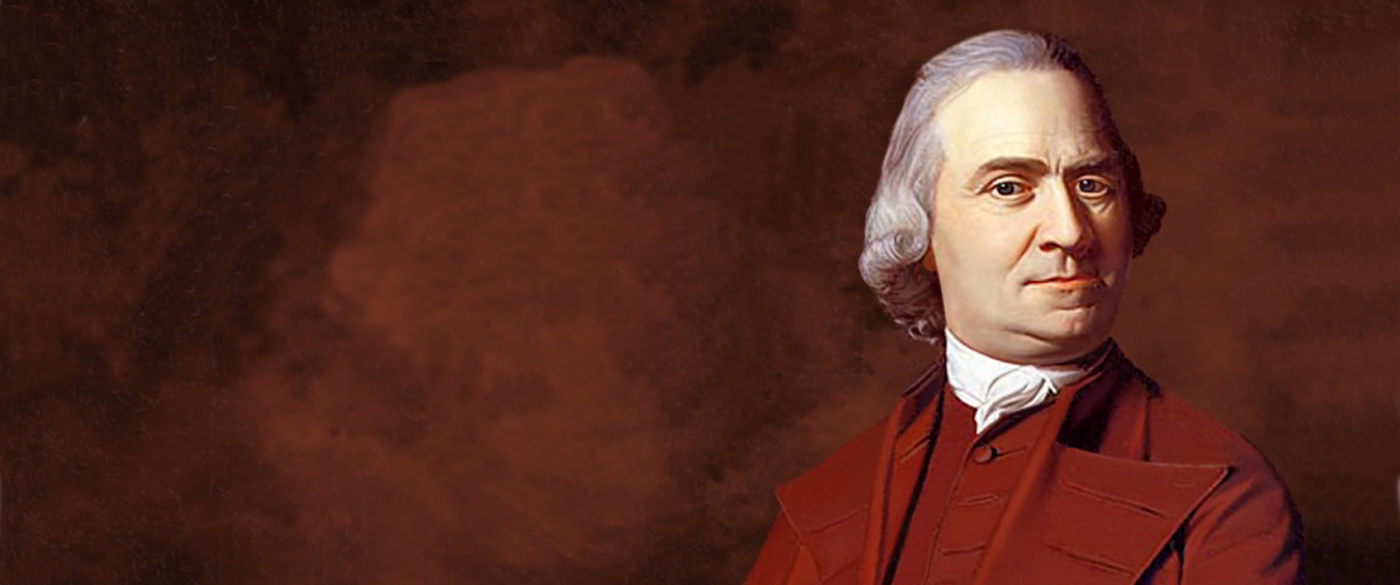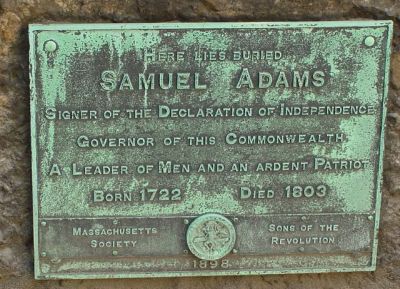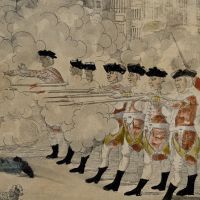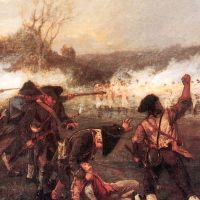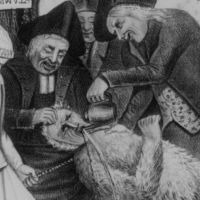Primary Source
If we take a Retrospect of two or three Years past, we shall find that what our "PRETENDED patriots", as they were stiled in the Court Gazette, so zealously forewarn'd us of, has since turn'd out to be a Fact; that every art would be made use of to lull the people of this Province and Continent into Security, in order that the Conspirators against our Rights and Liberties might carry on their Schemes and compleat their system of Tyranny without Opposition or Molestation.
The first part of their plan, they imagin'd they had finish'd; that is, the Establishment of a Revenue: And though this was far from being sufficient to answer their whole purpose, they thought that if they could put the people to sleep, they might the more easily add to this revenue, at some future time, and plead the present submission for a precedent. They therefore began upon the second and equally important part of their plan, which was to appropriate the revenue they had rais'd, to set up an Executive, absolutely independent of the legislative, which is to say the least, the nearest approach to absolute Tyranny.
The Governor, who was the first American PENSIONER, had now an exhorbitant Salary allowed him out of the monies extorted from the people. . . But the people, whom they generally . . . treated with an air of contempt, as an unthinking herd, had a better understanding of things than they imagined they had. They were almost universally disgusted with the Innovation, while the advocates for it were yet endeavoring to make the world believe, that the opposition to it arose from a few men only, of "no property" and "desperate fortunes," who were "endeavoring to bring things into confusion, that they might have the advantage of bettering their fortunes by plunder."
From The Writings of Samuel Adams, Vol. III, ed. by Harry Alonzo Cushing, online.


